Invited Speakers
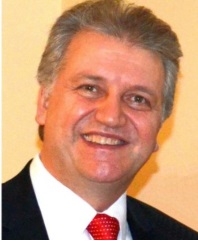
Plenary Speaker| Prof. Tayfun Akın
Middle East Technical University, Türkiye
Tayfun Akin received the B.S. degree (High Honors) in electrical engineering from Middle East Technical University (METU), Ankara, in 1987, and the M.S. and Ph.D. degrees in electrical engineering from the University of Michigan, Ann Arbor, MI, USA, in 1989 and 1994, respectively. Since 1995, 1998, and 2004, he has been an Assistant Professor, Associate Professor, and Professor with Electrical and Electronics Eng. Dept., METU. He established and acted as the Director of the METU Microelectromechanical Systems (MEMS) Center, which has a 1300-m2 cleanroom area for 4" to 8" MEMS processing. He raised and managed over 75M USD in funding for several National and International projects, including EU FP6, FP7, NATO SfS, and NSF-USA Projects. His current research interests include MEMS, microsystems technologies, uncooled infrared detectors and readout circuits, inertial microsensors (gyroscopes, accelerometers, and IMUs), silicon-based integrated sensors and transducers, and analog and digital integrated circuit design. He has served in various MEMS, EUROSENSORS, and TRANSDUCERS Conferences as a Technical Program Committee Member. He was the Co-Chair of the 19th IEEE Int. Conf. of Micro Electro Mechanical Systems (MEMS 2006) held in Istanbul. He was the Co-Chair of the Steering Committee of the IEEE MEMS Conference in 2007. He acted as the Steering Committee Member of the Int. Conf. on Solid-State Sensors, Actuators, and Microsystems (Transducers 2015, 2017, 2019, 2021). He was a recipient of the First Prize in Experienced Analog/Digital Mixed-Signal Design Category at the 1994 Student VLSI Circuit Design Contest organized and sponsored by Mentor Graphics, Texas Instruments, Hewlett-Packard, Sun Microsystems, and Electronic Design Magazine. He is the co-author of the Symmetric and Decoupled Gyroscope project, which received the first prize award in the operational designs category of the international design contest organized by DATE Conference and CMP in 2001. He is also the co-author of the Gyroscope project, which received the third prize in the 3-D MEMS Design Challenge organized by MEMGen Corporation (currently, Microfabrica). He has a total of over 200 international journal and conference publications, and he acted as the graduate advisor to over 100 Ph.D. and MS thesis. He is co-founder of 6 spin-off/start-up companies, including Mikro-Tasarim which is developing high performance and state-of-the-art ROIC circuits for imagers in UV, Visible, NIR, SWIR, MWIR, and LWIR wavelengths along with infrared cameras, MikroSens which is developing ultra-low-cost infrared detectors commercial applications, Mikrosistemler which is developing very high performance MEMS inertial sensors like tactical grade MEMS gyroscopes and navigation grade MEMS accelerometers, Mikro Biyosistemler which is developing cancer cell detection MEMS chips. He has received a number of National and International awards due to his achievements in the MEMS technology, and he is one of the 4 international foreign scientists invited to the Micro Nano Science Horizon 2040 Meeting organized by National Science Foundation (NSF) of USA in 2009.
Title of talk: Evaluation of Infrared Detector and ROIC Development Activities in Turkey
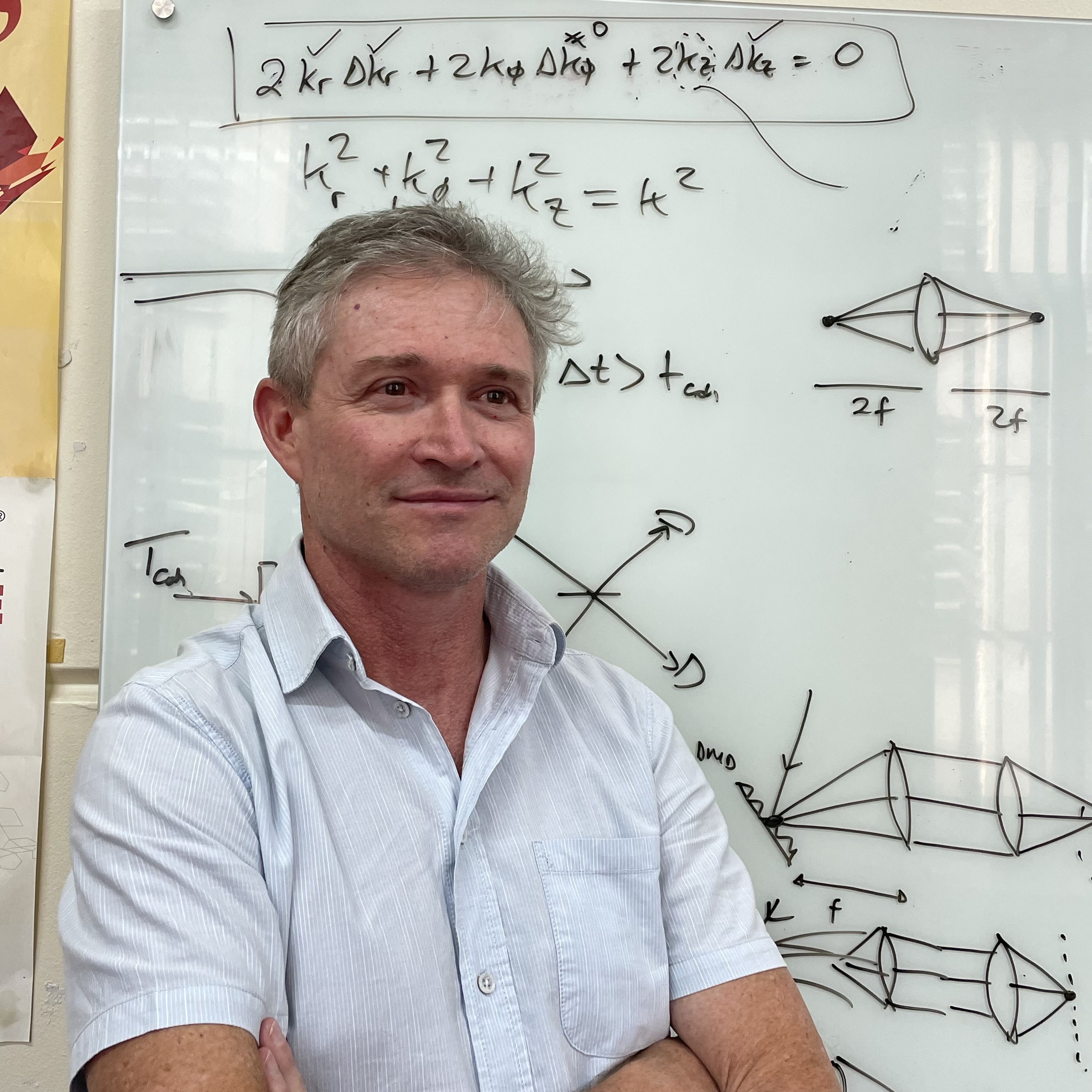
Plenary Speaker| Prof. Andrew Forbes
Structured Light Laboratory, School of Physics, University of the Witwatersrand, Johannesburg, South Africa.
Andrew has at various times in his career found himself as a teacher, janitor, secretary, receptionist, web-master, systems engineer, sales rep, manager, director, and sometimes a scientist. Andrew is presently a Distinguished Professor within the School of Physics at the U. Witwatersrand (South Africa) where in 2015 he established a new laboratory for Structured Light. Andrew is active in promoting photonics in Africa, a founding member of the Photonics Initiative of South Africa and initiator of South Africa’s Quantum Roadmap. He is a Fellow of SPIE, the OSA, the SAIP, and an elected member of the Academy of Science of South Africa. He holds an A-rating by the South African NRF (the only photonics A-rated researcher in South Africa), 4 honorary professorships, is editor-in-chief of the IoP’s Journal of Optics and sits on the editorial board of four other international journals. Andrew has won several awards, including a national award (NSTF) for his contributions to photonics in South Africa, the Georg Forster prize from the Alexander von Humboldt Foundation for outstanding contributions to photonics over a lifetime, and the SAIP Gold Medal, the highest award for physics in South Africa, making him the youngest winner to date. In 2021 he was awarded the Vice-Chancellor’s Research Award, the highest award for research from the university, and in 2022 the Sang Soo Lee award from the OSA and the Korean Optical Society. He has been announced as the 2024 winner of the TWAS Physics prize for his seminal contributions to classical and quantum-structured light. Andrew spends his time having fun with the taxpayers’ money, exploring structured light in lasers as well as classical and quantum optics.
Title of talk:
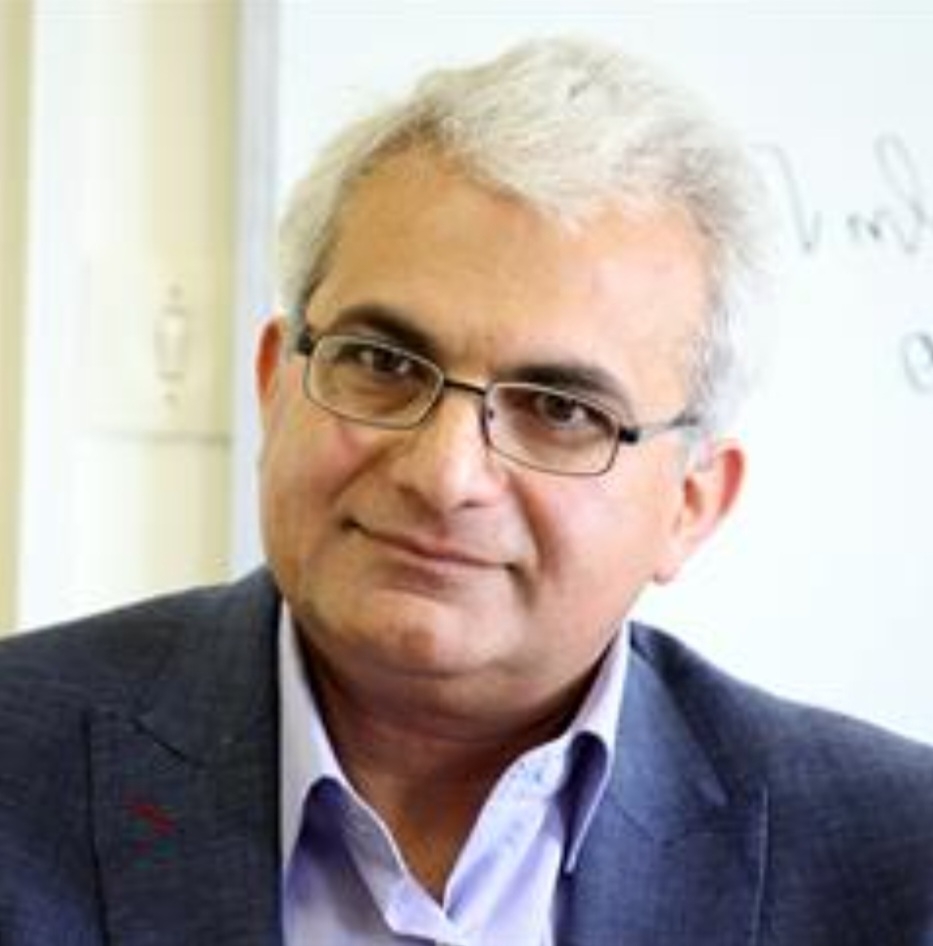
Plenary Speaker|Prof. Hamidreza Khalesifard,
Department of Physics, Institute for Advanced Studies in Basic Sciences (IASBS), Zanjan, Iran
Hamid Khalesifard was born in Shiraz, Iran 1965, and received his Ph.D. in Physics from Shiraz University in 1995. He is a Professor of Physics at the Institute for Advanced Studies in Basic Sciences and head of the Optics and Photonics Society of Iran. His research field of interest is passive and active optical remote sensing of atmospheric particles. He has more than 100 scientific publications and graduated with more than 40 Ph.D. and MSc students.
Title of talk: Optical remote sensing of aerosols that may raise from the dried lake beds
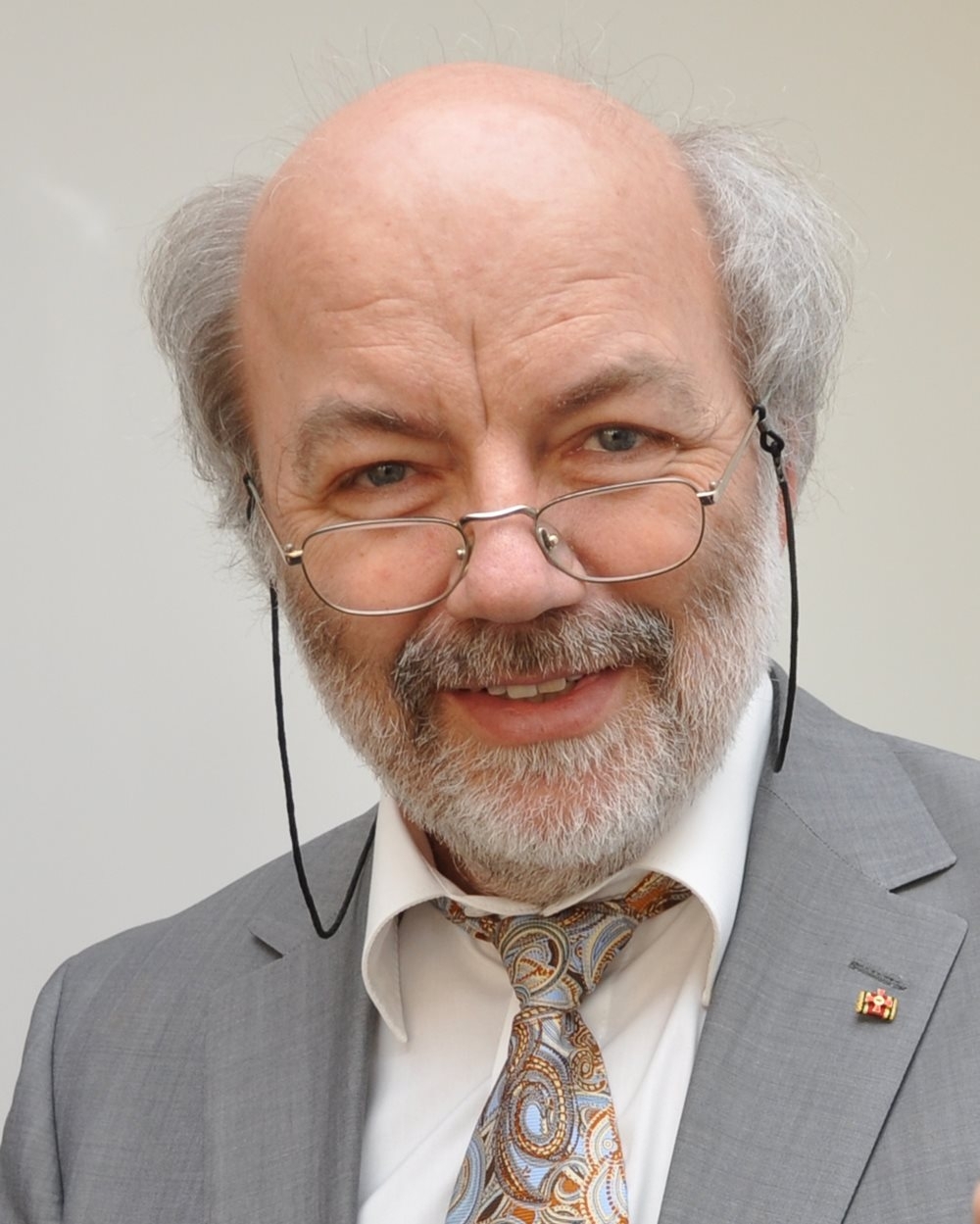
Plenary Speaker| Prof. Gerd Leuchs,
University of Erlangen-Nürnberg, Germany
Prof. Gerd Leuchs serves as the President of Optica in 2024, leads a group as Director Emeritus at the Max Planck Institute for the Science of Light in Erlangen, and holds the position of a senior professor at the University of Erlangen-Nürnberg. He is also an Adjunct Professor in the Physics Department at the University of Ottawa. With a rich academic history spanning prestigious institutions such as the University of Cologne, the University of Munich, and JILA in Boulder, Colorado, Prof. Leuchs brought his expertise to a Swiss optics company before eventually becoming a full professor at the University of Erlangen-Nürnberg.
Prof. Leuchs' scientific contributions encompass a broad spectrum of topics including quantum beats, photo-electron angular distributions in multiphoton ionization, quantum noise-reduced and entangled light beams, solitons in optical fibers, quantum communication protocols, as well as advancements in focusing light beams and nanophotonics.
Over the years, Prof. Gerd Leuchs led the German gravitational wave detection group from 1985 to 1989. His remarkable academic journey includes roles as a Visiting Fellow at JILA, a Feodor-Lynen Fellow of the Alexander von Humboldt Foundation, a Heisenberg Fellow of the German Science Foundation, and Visiting Professorships at esteemed institutions such as the Australian National University, University of Adelaide, and Ecole Normale Supérieure's Laboratoire Kastler Brossel.
Prof. Leuchs is actively engaged in various academic societies and organizations, holding memberships in the German Physical Society, German Society for Applied Optics, European Physical Society, as well as the German Academy of Sciences Leopoldina. He is honored as a Fellow of the Institute of Physics, Optica, and the American Association for the Advancement of Science, and serves as a foreign member of the Russian Academy of Sciences. The esteemed professor has received honorary degrees from the Danish Technical University and Saint Petersburg State University.
Notable accolades in Prof. Leuchs' distinguished career include the Quantum Electronics Prize from the European Physical Society in 2005 and the Herbert Walther Prize jointly awarded by OSA and the German Physical Society (DPG) in 2018. He has been the recipient of prestigious grants such as the European Research Council advanced grant, a mega grant from Russia, and the Julius-von-Haast Fellowship award from the Royal Society of New Zealand.
Prof. Gerd Leuchs continues to be a pivotal figure in the advancement of quantum technology, actively contributing to the research landscape. He holds advisory roles on numerous boards focusing on quantum technology applications and innovations in both Germany and abroad, showcasing his commitment to driving progress in the field.
Title of talk: Improving the sensitivity of an interferometer beyond shot noise using Kerr squeezed light
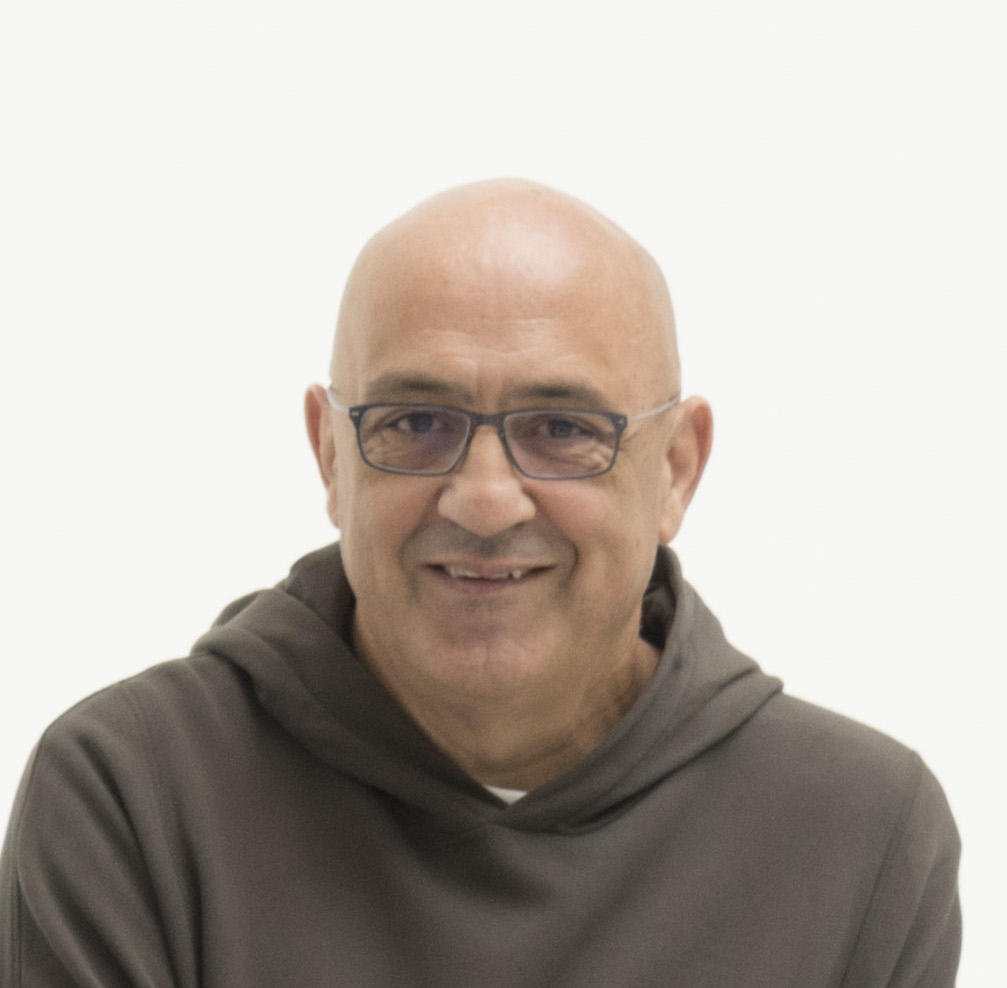
Plenary Speaker| Prof. Luis L. Sanchez-Soto
Department of Optics, Universidad Complutense de Madrid, Spain
Luis L. Sánchez-Soto received his MSc in Physics (1984) and a PhD in Physics (1988) from the Complutense University of Madrid. He has been a visiting researcher at numerous Universities. He has been a full professor of Quantum Optics in Madrid since 2002. In 2009, he joined the Max Planck Institute for the Science of Light, in Erlangen, where he led the theoretical group in the Division of Optics and Information, headed by Gerd Leuchs. His main research interests are quantum optics and quantum information.
Title of talk: Quantum Superresolution in Time and Frequency
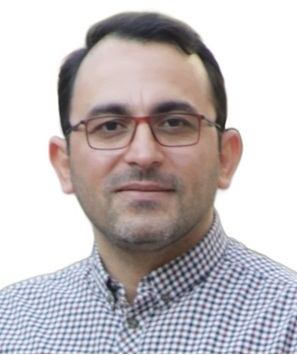
Invited Speaker| Dr. Daryoush Abdollahpour,
Department of Physics, Institute for Advanced Studies in Basic Sciences (IASBS), Zanjan, Iran
Daryoush Abdollahpour received his PhD from the University of Crete and the IESL-FORTH in Greece in 2011. Currently, he serves as an assistant professor of physics at the Institute for Advanced Studies in Basic Sciences (IASBS) in Zanjan, Iran. His research spans a wide range of optical science topics, including ultrafast nonlinear optics, structured light, and 3D microscopy. Notably, he was recently honored with the Alexander Szabo Fellowship, a prestigious award jointly established by the Joint Centre for Extreme Photonics (JCEP) and SPIE.
Title of talk: Light-sheet Fluorescence Microscopy: The Need for Speed and Quality
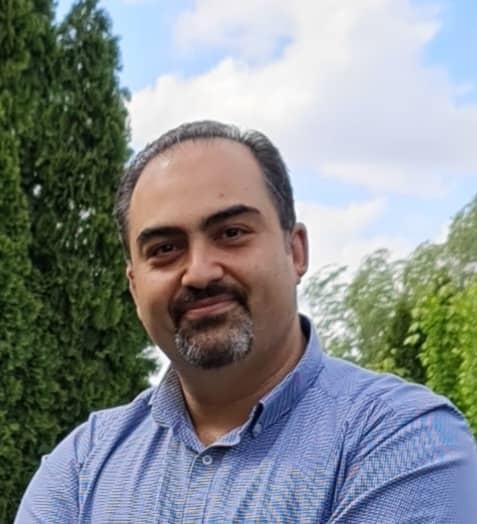
Invited Speaker| Dr. Ehsan Ahadi-Akhlaghi,
Department of Physics, Institute for Advanced Studies in Basic Sciences (IASBS), Zanjan, Iran
He studied solid-state physics from 1998 to 2003 at the Faculty of Physics, University of Tehran. He received his bachelor's and master's degrees in applied optics and optical measurement at Zanjan University and IASBS in 2006 and 2011, respectively. Since 2012, he has been working as an assistant professor at the Faculty of Physics of IASBS. His research interests include the development of new dynamic optical methods for 3D Imaging and Super-resolution in Optical Coherence Tomography and microscopic methods such as Digital Holography Microscopy and Confocal. He has graduated more than 30 postgraduate and doctoral students in this field. He is also looking for practical output from his research and is a founding member and board member of a knowledge-based company in the field of optical measuring devices.
Title of talk: Optical Metrology: 3D imaging
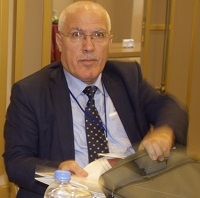
Invited Speaker| Prof. Şemsettin Altındal,
Gazi University, Türkiye
Title of talk: The investigation of basic current transportation mechanisms and energy dependence profiles of interface traps(NSS) and relaxation times of the Au/n-Si structures with (PVA-Fe3O4) interlayer
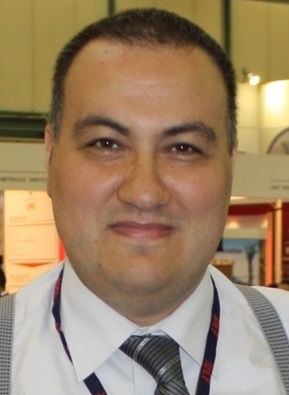
Invited Speaker| Dr. Devrim Anıl,
ASELSAN Microelectronic Guidance and Electro Optic Sector, Türkiye
He received his BS and MS degrees from Middle East Technical University, Department of Mechanical Engineering. He completed his PhD study at Gazi University Mechanical Engineering Department. He started to work at ASELSAN since his graduation from METU Mechanical Engineering Department. He worked on optomechanical design and optical design of many complex system during his 27-year career. He participated optical design of many important projects for land, sea and air platforms. He is the senior lead engineer of the ASELSAN MGEO Optic and Optomechanical design department optical design team. In parallel he is lecturing at Gazi University Photonics Department for optical design.
Title of talk: Future of the Optical Design and Electro Optics at ASELSAN
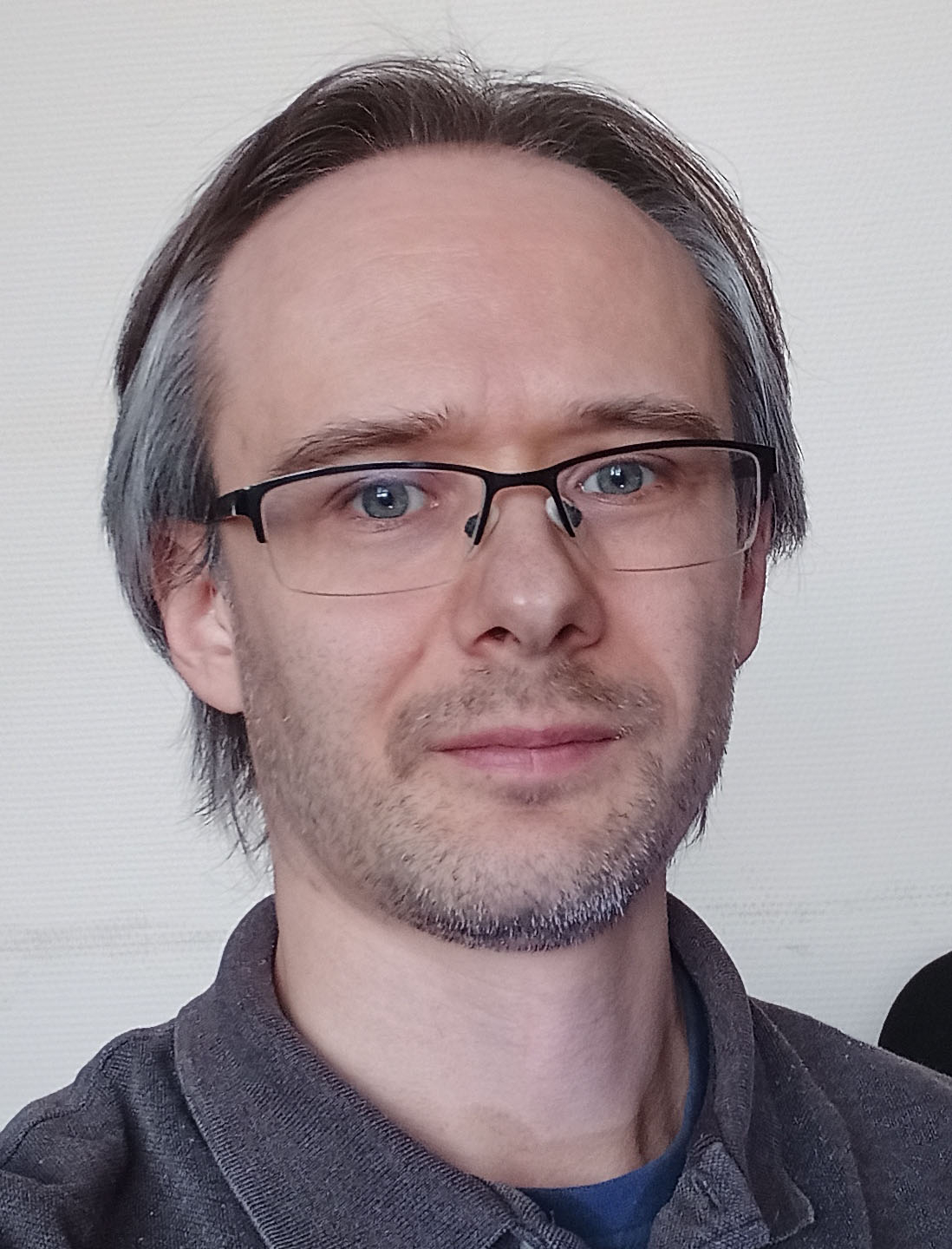
Invited Speaker| Prof. Alexy V.Andrianov,
Institute of Applied Physics of the Russian Academy of Sciences (IAP RAS), Russia
Alexey Andrianov received his MSc in physics in 2008 from the Lobachevsky State University of Nizhny Novgorod, Russia, a PhD in laser physics in 2011, and a habilitation in laser physics in 2022. His academic interests cover various aspects of nonlinear fiber optics, including ultrafast fiber lasers and amplifiers, multicore fibers, and applications of fibers in quantum optics, as well as optics of microresonators, including frequency comb generation and microresonator Raman lasers. He authored and co-authored more than 100 papers. Now he is the head of the Quantum Confined Intense Light Laboratory at the
Title of talk: Multicore optical fibers with coupled cores for high-peak-power amplification, nonlinear pulse compression, and wavelength conversion
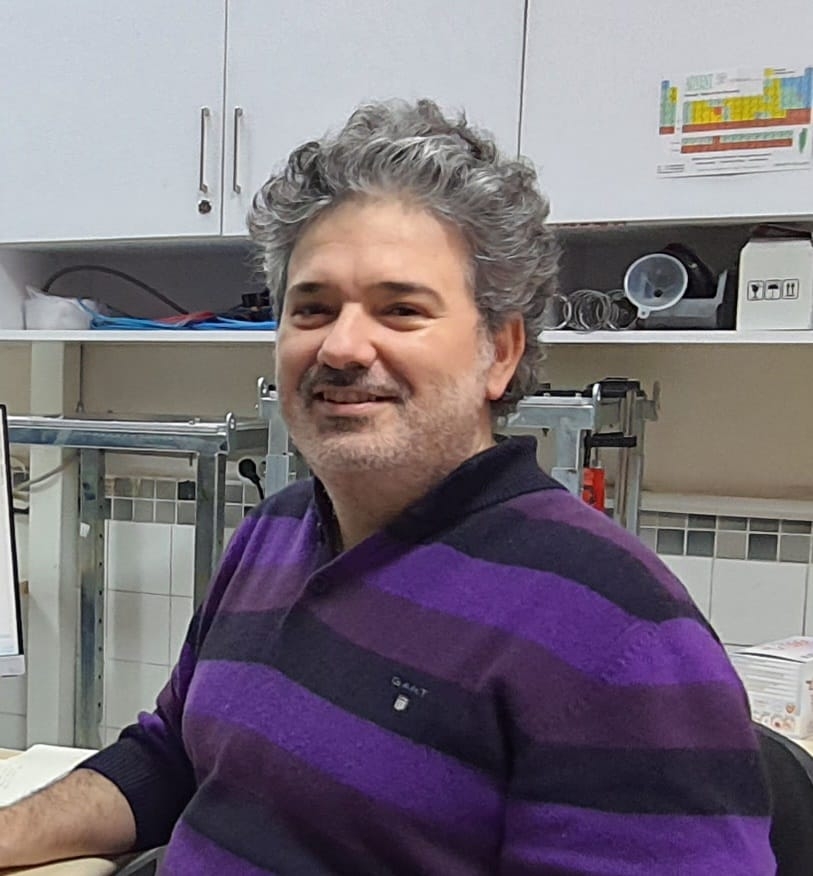
Invited Speaker| Prof. Alpan Bek,
Physics Department, Middle East Technical University, Türkiye
He received his BS and MS degrees at Bilkent University, Department of Physics. He worked on 'optical properties of low-dimensional systems and integrated optics' under the supervision of Prof. Atilla Aydınlı. He completed his doctoral studies at the Max-Planck Institute for Solid State Research in Stuttgart under the supervision of Prof. Klaus Kern. During his doctoral work, he produced an "apertureless scanning near-field microscope" with 5 nm optical resolution. He performed postdoctoral studies at the University of Munich with Prof. Jochen Feldman and Prof. Thomas Klar on plasmonic systems. After working for a while as a scientist at the Center for Molecular Biomedicine in Trieste, Italy, he returned to Turkey as a faculty member at the Middle East Technical University Physics Department where he established and has been leading the Nanooptics Research Laboratory and the Environmental Photonics Group.
Title of talk: Environmental Photonics: From ultrafast IR laser material processing to trace molecule detection
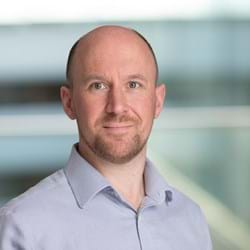
Invited Speaker| Prof. Martin Booth
Department of Engineering Science, University of Oxford, UK.
He read for a degree in Engineering Science at Hertford College, Oxford, from 1993-7. His doctoral work in adaptive optics for confocal microscopy took place in the Department of Engineering Science at the University of Oxford from 1997-2001, during which time he was also a member of Jesus College. In 2001, Martin was elected to a Junior Research Fellowship at Christ Church and in 2003 was appointed a Royal Academy of Engineering/EPSRC Research Fellow. In 2007 he was awarded a five-year EPSRC Advanced Research Fellowship and was concurrently elected to a Hugh Price Fellowship at Jesus College. He became Professor of Engineering Science and Senior Research Fellow at Jesus College in 2014. He also holds a College Lecturership at Lincoln College. His current research interests centre on the development of new dynamic optical methods for applications ranging from biomedical imaging to laser-based manufacturing.
Awards: Young Researcher Award in Optical Technologies from the School of Advanced Optical Technologies at the University of Erlangen-Nürnberg, 2012.International Commission for Optics Prize, 2014.
Title of talk:
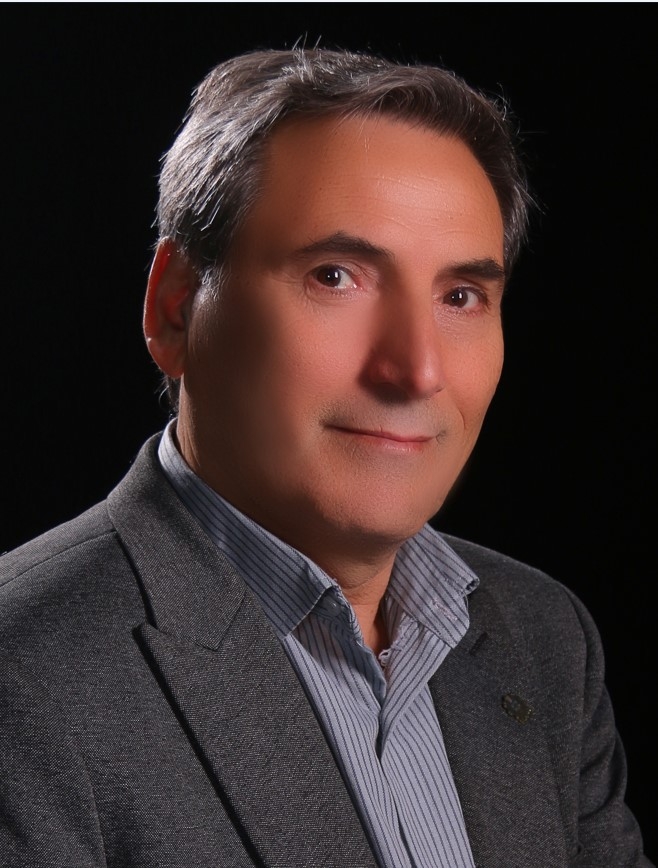
Invited Speaker| Prof. Abdollah Borhanifar,
Department of Applied Mathematics, University of Mohaghegh Ardabili, Ardabil, Iran
Abdollah Borhanifar was born in Ardabil in 1967. In 2004, he completed his doctorate studies at Moscow State University. Currently, he serves as a professor of mathematics and physics at Mohaghegh Ardabil University, where he also holds the position of Head of the Science Faculty.
His primary research interest lies in Schrödinger's equation and solving nonlinear differential equations using the spectral method. With a significant impact in his field, Abdollah has authored over 60 scientific articles and has guided and supported the successful graduation of more than a hundred individuals pursuing doctoral and master's degrees under his mentorship.
Title of talk: Interaction and efficiency of three optical pulses in optical fiber
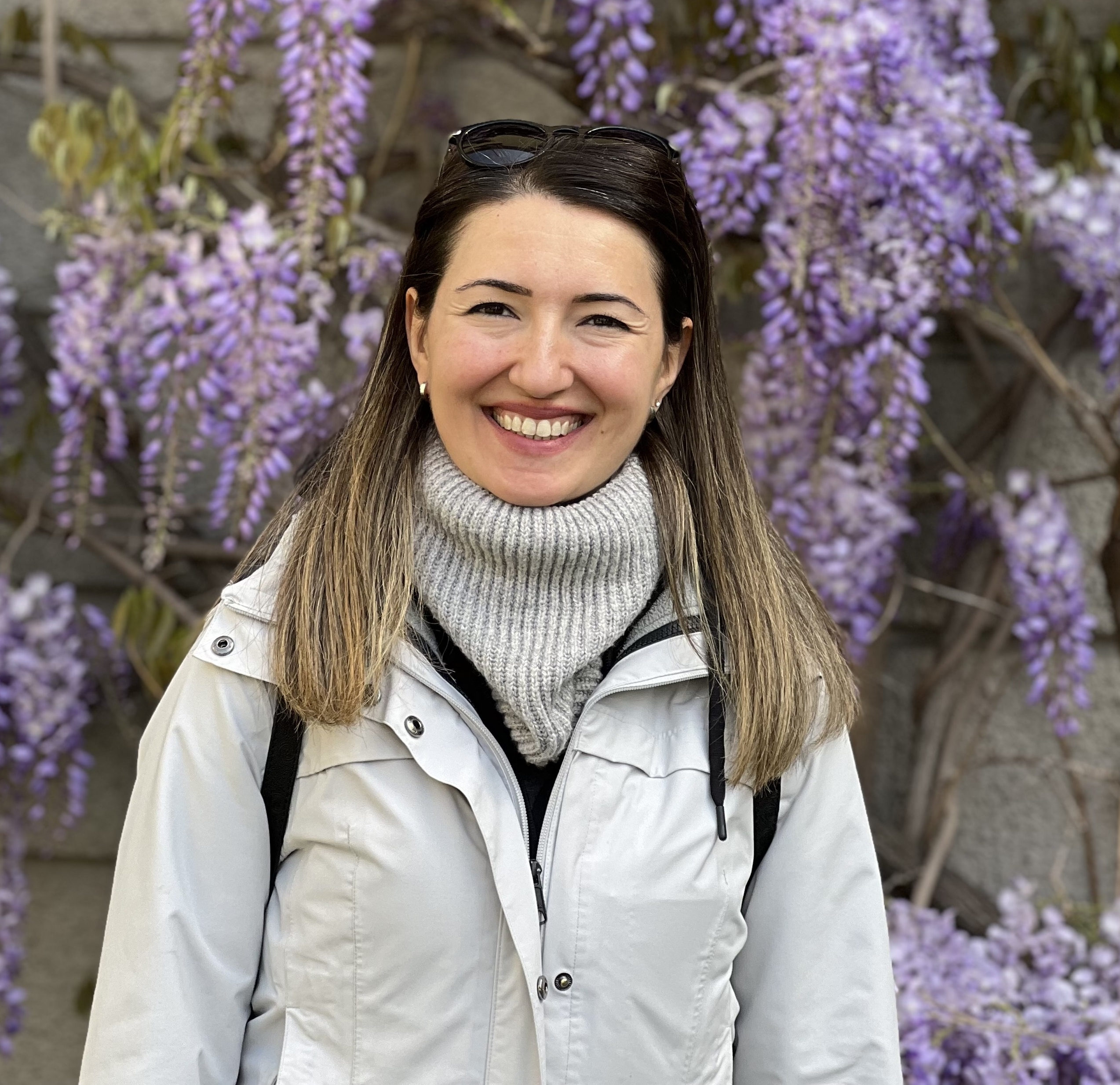
Invited Speaker| Dr. Zeynep Demircioğlu,
TUBİTAK SAGE, Ankara, Türkiye
Physics PhD candidate with over 6 years of experience in thin film deposition in a cleanroom environment to develop and characterize amorphous silicon thin film solar cells and 4 years of experience in thin film design and deposition to develop optical coating for filters and mirrors. Dedicated scholar with strong research experience in nanoscience and optics. 9 years of experience in teaching assistant in physics department. 3 years of experience on THz systems design and applications, laser systems and star tracker simulator design and lab alignment. 7 years of experience in optical coating in cleanroom and optical coating (multi-layer) design, optical manufacturing, project management and systems engineering for space applications.
Title of talk: Production and characterization of amorphous Silicon thin film solar cells on flexible substrates
Invited Speaker| Dr. Muhammed. Zeki Güngördü,
Iğdır University, Iğdır, Türkiye
Dr. Muhammed Zeki Güngördü completed his master’s and Ph.D. degrees in Electrical Engineering at the University of Alabama in 2016 and 2023, respectively. During his academic journey in the US, besides publishing many journal articles and attending conferences, he was a lead researcher in several research projects funded by NASA and the US Army. Since August 2023, he has been working as an assistant professor at the Department of Engineering at Igdir University. His current research interests are Terahertz Photonics, Terahertz Spectroscopy and Imaging, Metamaterials, Micro-Nano Fabrication, and Artificial Intelligence.
Title of talk: Deep Learning Assisted Design of Metamaterial-Based Terahertz Polarizer
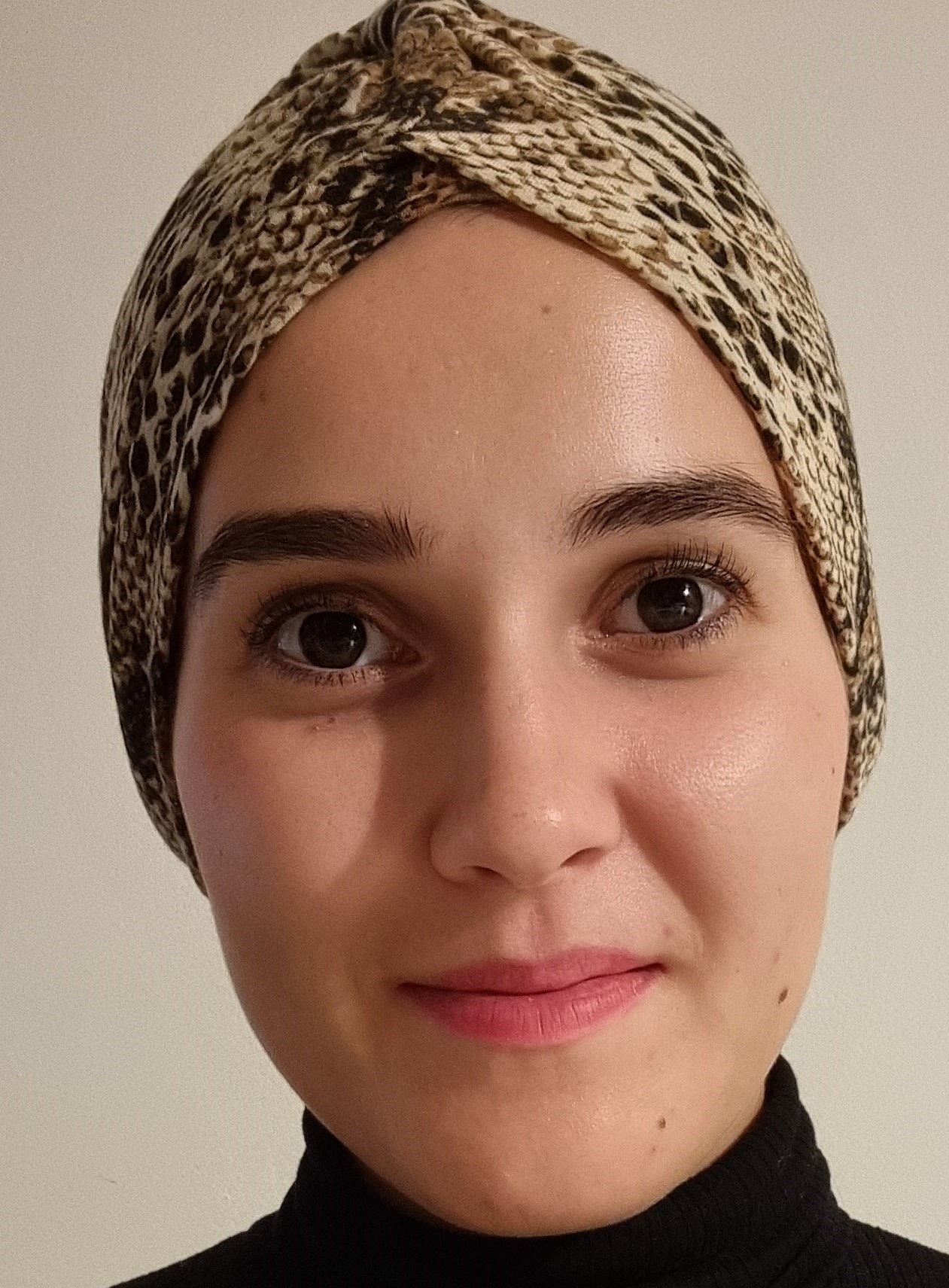
Invited Speaker| Dr. Sumea Klokic,
Ceric-Eric, Trieste, Italy
Sumea Klokic studied Chemistry at the Technical University of Graz (Austria), where she has received her bachelor’s and dual master’s degrees in inorganic chemistry, physical chemistry and theoretical chemistry from the very same university. During her doctoral studies, Sumea has worked at the Austrian SAXS beamline at Elettra synchrotron in Trieste (Italy) specializing in the development of photo-responsive, solid-state metal-organic framework film systems. Her work also involved the comprehensive characterization and deduction of structural dynamics using advanced techniques including X-ray and infrared spectroscopy.
Her scientific work has been widely recognized as she received awards from esteemed institutions such as the Austrian Academy of Sciences, the Society of Austrian Chemists, and the Austrian Government. Currently, she is a postdoctoral researcher at the Elettra synchrotron in Trieste, with her research focus set on photo-responsive solid-state systems.
Title of talk: Structural dynamics in photo-responsive crystalline film systems: a multi-technique approach
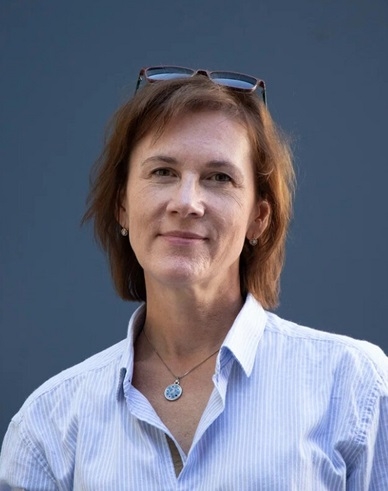
Invited Speaker| Prof. Alina Manshina,
Institute of Chemistry, St. Petersburg state university, Russia
Alina Manshina received her MSc in Physics (1986), a PhD in Physics (2002), and habilitation in Chemistry (2017). Such a wide background determined interdisciplinary interests of her research. Major academic interests of Alina Manshina are mainly in Laser chemistry, Surface Chemistry, Solid-state Chemistry and Nanotechnology. Alina Manshina currently works at the Institute of chemistry, Saint Petersburg State University. She is member of editorial teams of several journals - Journal of the European Optical Society-Rapid Publications, Scientific Reports, Materials, author of more than 100 publications and 7 patents.
Title of talk: How to make optical and electrochemical sensors with laser
Invited Speaker| Prof. Benedetta Marmirolli,
Graz University, Graz, Austria,
Benedetta Marmiroli has a master in materials engineering obtained at the University of Modena and Reggio Emilia (Italy) and a PhD in industrial engineering obtained at the University of Ferrara (Italy). She currently is a senior scientist at the Graz University of Technology (Austria). She works at the Austrian SAXS beamline at Elettra Synchrotron (Italy). She is also collaborating in the management of the Deep X-ray Lithography beamline. Her scientific interests involve the interdisciplinary combination of microfabrication and characterization
techniques, for the construction of micro/nano devices based on advanced functional materials. She is Associate Editor for the specialty Nanofabrication of Frontiers in Nanotechnology. She has published more than 80 articles in SCI journals. She has presented over 30 orals or posters at conferences.
Title of talk: Deep X-ray Lithography for Optics and Photonics
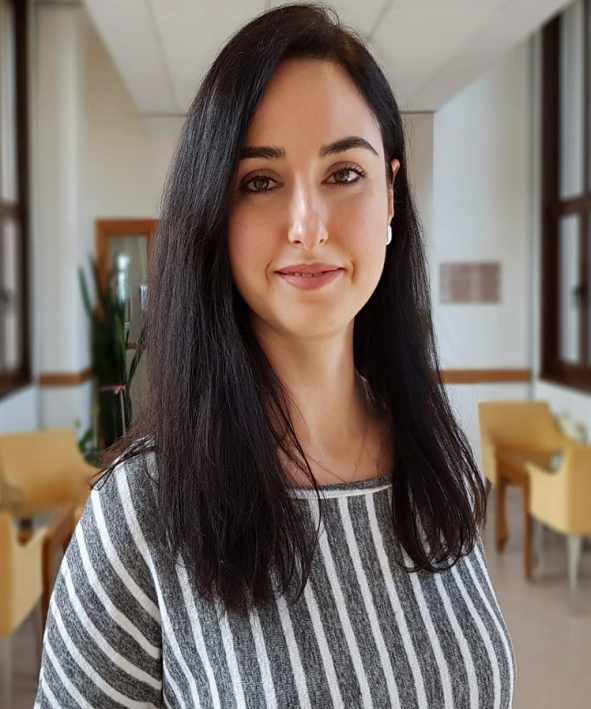
Invited Speaker| Dr. Berna Morova,
Department of Physics Engineering, Istanbul Technical University, Istanbul, Türkiye
Berna Morova earned her BS, MS, and PhD degrees in Physics Engineering from Istanbul Technical University. During her doctoral studies, she investigated the interactions of high-energy shaped laser beams with transparent materials. Following her PhD, she joined Koç University's Optofluidics and Nano-Optics Research Laboratory as a post-doctoral researcher in 2017, where her research focused on ultrafast lasers, imaging techniques, microfabrication, and microfluidics. In 2019, Berna Morova became part of the technical team at KUTTAM Cellular and Molecular Imaging Core. Subsequently, in 2022, she joined Istanbul Technical University's Physics Engineering Department as an Assistant Professor, establishing her research laboratory focused on laser-material interactions in various applications such as micromachining, imaging, and nanophotonics.
Title of talk: Tailored Light Beams: An Innovative Approach in Micromachining
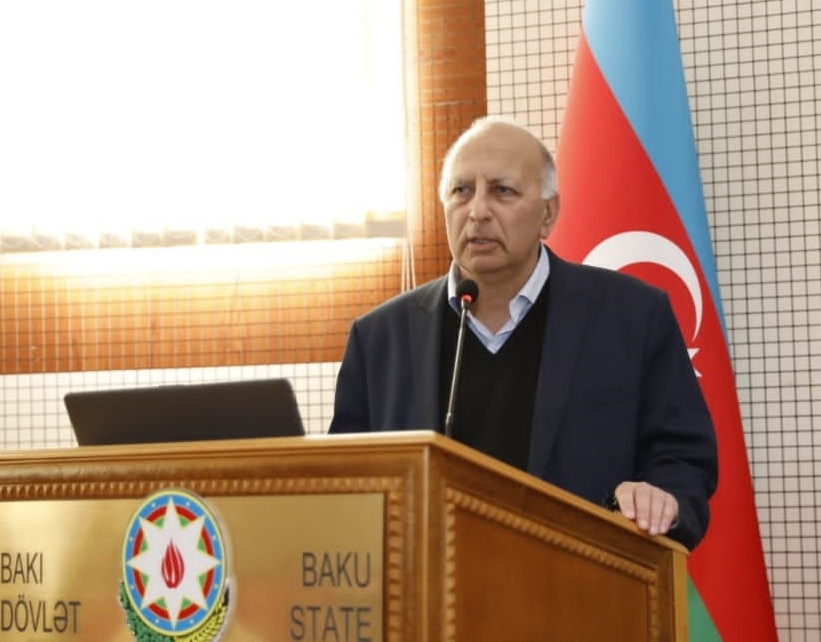
Invited Speaker| Prof. Mustafa Muradov,
Nano Research Center, Baku State University, Baku, Azerbaijan.
He is the head of a Nano Research Center at Baku State University. He graduated from Moscow Engineering Physics Institute (1981), and received his Doctor Degree in Physics & Mathematics. His academic and research interests are in the areas of nanomaterials, nanoelectronics, and material science. He has published over 100 papers in highly reputed journals and international conferences. He was a coordinator and participant in many European Commission and other international projects. His current research interests include optics, nanophotonics, nanomaterials growth technology, the influence of growth conditions, and technology to structure and optical properties of nanomaterials.
Title of talk:
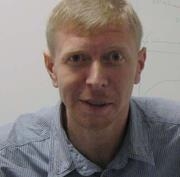
Invited Speaker| Prof. Ihor Pavlov,
Department of Physics, Middle East Technical University(METU), Türkiye
Ihor was born in the Khmelnytskii region of Ukraine and holds a Ph.D. in Physics and Mathematics, specializing in Optics and Laser Physics from the Institute of Physics of the NAS of Ukraine in Kyiv. Currently, he serves as an Assistant Professor at the Physics Department of Middle East Technical University in Ankara, Turkey, where he leads research endeavors focusing on high-power fiber laser development, ultrafast optical pulse interactions, laser-induced surface nanostructuring, and Si surface processing.
Prior to his current position, Ihor held roles as a Research Scientist and Postdoctoral Research Fellow at Bilkent University, Ankara, where he specialized in pump-probe spectroscopy, time-resolved imaging, and programming. His professional journey commenced as a Junior Research Scientist at the Institute of Physics NASU, Kyiv, before advancing into the realms of cutting-edge physics research and education.
Title of talk: Frontiers in Fiber Lasers and their Applications
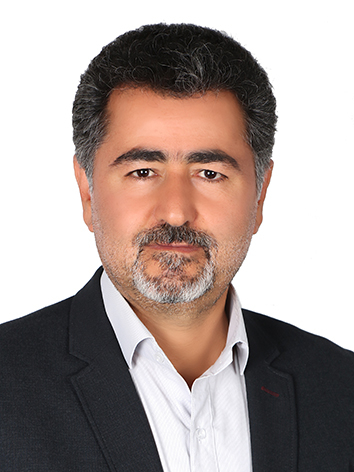
Invited Speaker| Prof. Saifollah Rasouli,
Department of Physics, Institute for Advanced Studies in Basic Sciences (IASBS), Zanjan, Iran
Saifollah Rasouli is a Professor of Physics in the Department of Physics of the Institute for Advanced Studies in Basic Sciences (IASBS). He is fascinated by optics both theoretical and experimental aspects - specifically diffraction and Fourier optics, interferometry and moiré technique, nondiffracting beams and singular optics, and thermal lensing. He has also worked on many interdisciplinary topics such as fluid dynamics, atmospheric turbulence, meteorology, landslide detection, seismometry, large-scale structure vibration detections, and so on. He has published about 90 papers in highly regarded journals and more than 100 papers in conference proceedings. He has supervised more than 60 PhD and MSc theses in Iran. Dr. Rasouli received the 2009 ICO/ICTP Gallieno Denardo Award. He also served as a Senior Member of SPIE, the International Society for Optics and Photonics, and a Senior Associate Member of the Abdus Salam International Centre for Theoretical Physics (ICTP) in Italy. He has taken over many responsibilities at the IASBS including Social and Cultural Deputy, Acting Deputy Chancellor for Administration and Finance, and Head of Student Affairs. He is the head of the Elites Foundation of Zanjan Province since February 2020.
Title of talk: Diffraction from periodic structures, Talbot effect, and beam shaping
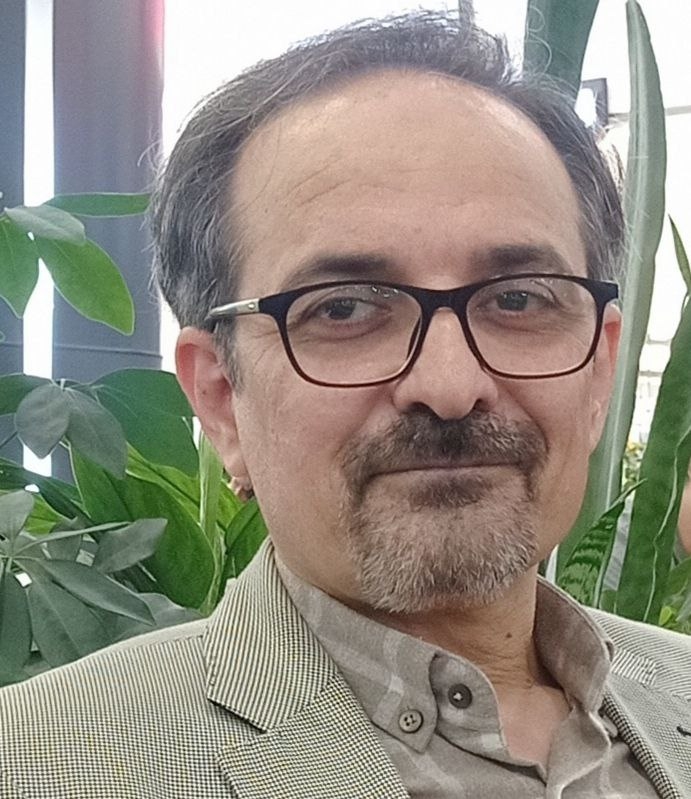
Invited Speaker| Prof. Arash Sabatyan,
Arash Sabatyan received his Ph.D. from the Institute for Advanced Studies in Basic Sciences (IASBS) in Zanjan, Iran, in 2007. Following graduation, he joined Urmia University as an assistant professor and was later promoted to full professor in 2018. Arash specializes in experimental optics and micro-optics fabrication, with a focus on Fresnel diffraction and the manipulation of light using Fresnel zone plate-based elements. In 2019, he was recognized as a top 1% reviewer of physics by the Global Peer Review Awards, powered by Publons. Additionally, Arash has authored over 60 scientific papers in peer-reviewed journals and holds 1 patent.
Title of talk: Capability of Zone-Based Diffractive Elements in Shaping and Structuring optical beams
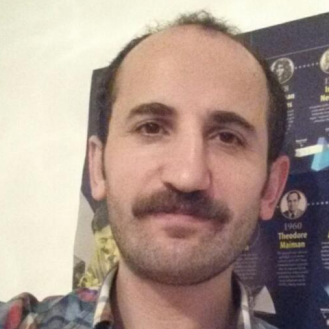
Invited Speaker| Dr. Özgür Selimoğlu,
Department of Engineering, Ankara University and POLOPTECH Company, Türkiye
Ozgur Selimoglu received B.S. degree from Physics and Mechanical Engineering departments as a double major program at Middle East Technical University, Ankara, Turkey, in 2004. He received M.S. degree in Physics from Old Dominion University, NA, Virginia, USA, and Ph.D. degree in Physics from Middle East Technical University, Ankara, Turkey, in 2013.
From 2007 to 2019, he had been holding several positions in TUBITAK and he has been Optical Systems Group Leader and Chief Research Scientist in TUBITAK Space Technologies Research Institute. Currently he is Asist. Prof. in Ankara University and co-founder of the Poloptech company. He has contributed to several projects in the field of optical engineering. His current research interest includes spaceborne electro-optic imagers, optical alignment and precision optical production.
Title of talk: Optical Production Technics and Considerations for Manufacturable Design
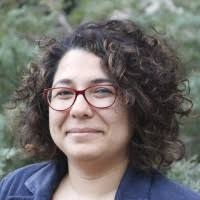
Invited Speaker| Dr. Sevilay Sevinçli,
Department of Photonics, Izmir Institute of Technology, Izmir, Türkiye
Sevilay Sevinçli received her B.S. and M.S. degrees in Physics from Middle East Technical University and her Ph.D. from Bilkent University, Turkey, in 2008, where she theoretically studied low dimensional ultra-cold atoms. She first worked as a postdoctoral researcher at Max Planck Institute for the Physics of Complex Systems in Dresden, Germany, between 2009 and 2011, investigating cold Rydberg atoms and their nonlinear applications, and then worked at Aarhus University, Denmark, until 2013. She received BİDEB-2232, Reintegration Research Fellowship Grant, in 2014. She has been a member of the Department of Photonics, İzmir Institute of Technology since 2016. Her research focuses on light-matter interactions, quantum optics, cold atoms, and quantum technologies.
Title of talk: Ultra-cold Rydberg Atoms and Quantum Technologies
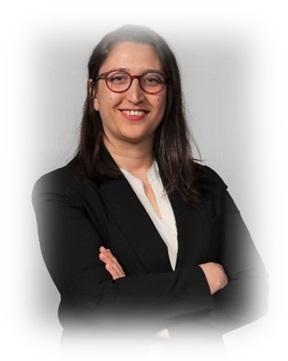
Invited Speaker| Dr. Nesrin Töre Şen,
KalyonPV, Ankara, Türkiye
• Born in 1986. She completed her undergraduate education at HACETTEPE UNIVERSITY, PHYSICAL ENGINEERING DEPARTMENT between 2004-2009.
• Master's and PhD studies
o GEBZE TECHNICAL UNIVERSITY, PHYSICS DEPARTMENT and
o TÜBİTAK MARMARA RESEARCH CENTER, PHOTONICS AND ELECTRONIC SENSORS LABORATORY
and produced thesis studies within the scope of "Development and Characterization of Organic Solar Cells". During the same period, she worked as a project assistant in a TÜBİTAK project.
• She started her professional career at SAVRONİK ELECTRONICS COMPANY between 2013 and 2022, she worked as SYSTEMS ENGINEER, R&D LABORATORY MANAGER and PROJECT MANAGER respectively.
• She took on technical and administrative duties in classified defense industry projects regarding the development of ELECTRONIC SAFE, ARM AND FIRESYSTEMS, ELECTRONIC FUSE SYSTEMS and their critical sub-components used in ammunitions such as guided missiles and torpedoes, with domestic and national resources.
• She has 7 scientific publications on "Organic Solar Cells", which is her academic area of expertise.
• Since January 2023, she has been working as DIRECTOR of the RESEARCH AND DEVELOPMENT Department of KALYON PV GÜNEŞ TEKNOLOJİLERİ ANONİM ŞİRKETİ.
• She is married and the mother of a son.
.Title of talk: Technological roadmap of KalyonPV, R and D Center
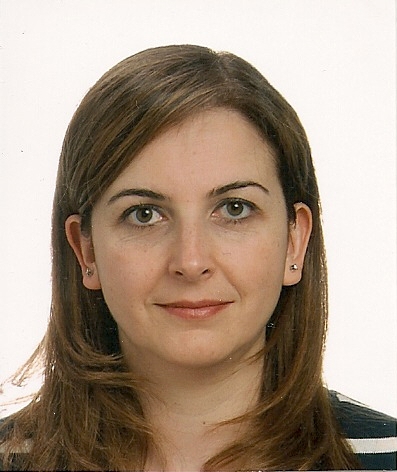
Invited Speaker| Prof. Halime Gül Yağlıoğlu,
Department of Physics, Ankara University, Ankara, Türkiye
After receiving her B.S. degree in Ankara University Engineering Physics Department in 1993 H. Gül Yağlıoğlu completed master program in 1995 in the same department. She took her Ph.D. degree in the Electrical Engineering Department at The City University of New York, USA in 2001. She worked as a research assistant during her studies at CUNY and her studies were supported
by CUNY science fellowship. She studied ‘Characterization and Time-Resolved Dynamics of Nanostructures for Nonlinear Optical Applications’ during her studies for a PhD. After completing PhD, she joined to Lucent Technologies Bell Labs Innovation Optical Networking Division in Holmdel, NJ, USA in 2001. She was a member of a team developing next next-generation ultra-long haul wavelength division multiplexing product called LambdaXtreme Transport in Lucent technologies until 2005. After returning to Turkey she started working in the Engineering Physics Department in Ankara University. She has been working as a faculty member in the Engineering Physics Department of Ankara University since 2005.
Title of talk: Ultrafast Spin Dynamics
